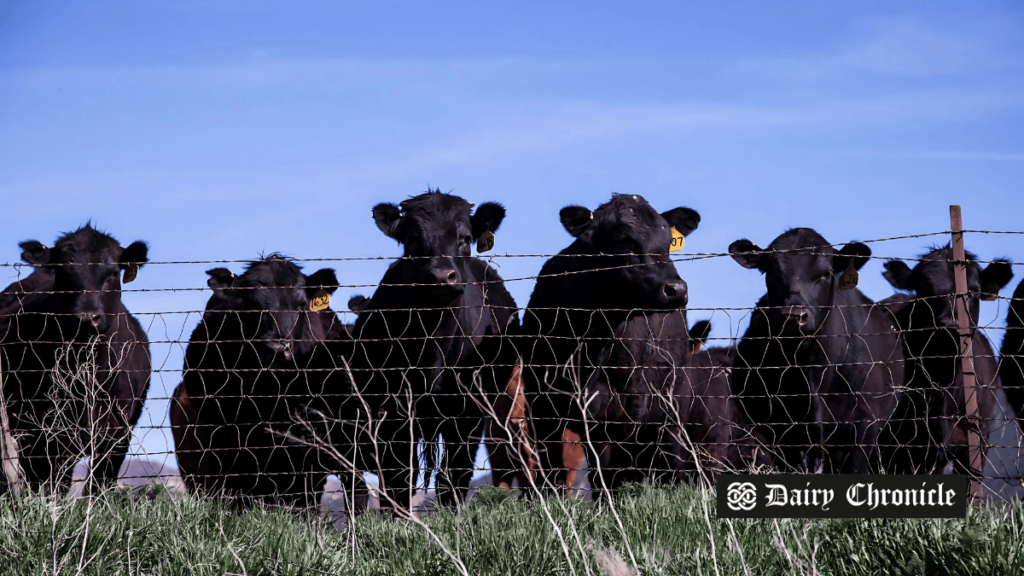The avian flu outbreak has impacted dairy cows across the United States, with California reporting the highest number of cases. Farmers at the World Ag Expo in Tulare, California, sought answers on the disease’s economic impact, symptoms, and prevention measures. Experts highlighted the ongoing uncertainty, urging continued testing and biosecurity efforts.
The World Ag Expo, an international agricultural trade show held in Tulare, California, hosted a seminar on the avian flu outbreak affecting dairy cows across the United States. The event provided an update on the situation, revealing that out of 959 herd outbreaks nationwide, 739 have been reported in California.
Dairy Economics Scholar Luis Garcia-Covarrubias addressed attendees, acknowledging the uncertainty surrounding the outbreak. “Why this is happening? The right answer is we don’t know,” he said during his presentation.
Among the attendees was Cassie McKinnon, a farmer from Utah, who traveled to California for the expo and attended the seminar in search of answers. “We haven’t had a positive test at our place per se, but a lot of our neighbors have. We’ve seen side effects of it. Even if you’re not getting it directly, there’s definitely something going around,” McKinnon said.
Cows infected with avian flu experience reduced appetite, lethargy, and a drop in milk production by up to 20%. While the virus has a 90% mortality rate in chickens, it is significantly lower in cows at 2%. However, infected cows must be quarantined for 10 days, leading to economic losses. Farmers incur an estimated cost of $198 per cow during quarantine, which can quickly add up. For instance, a farmer with 50 infected cows would face nearly $10,000 in costs.
“It could be an important economic cost. So it’s something we need to keep preventing,” Garcia-Covarrubias warned.
Despite the seminar’s insights into the outbreak, farmers left with more concerns than solutions. “Honestly, they didn’t give us a whole lot. I didn’t get the information I wanted out of it. I didn’t get any more hope for sure,” McKinnon said.
Researchers noted that the virus strains are evolving rapidly, making it uncertain whether previously infected cows develop immunity. They urged farmers to continue testing and follow biosecurity measures while experts work to understand and contain the disease.
